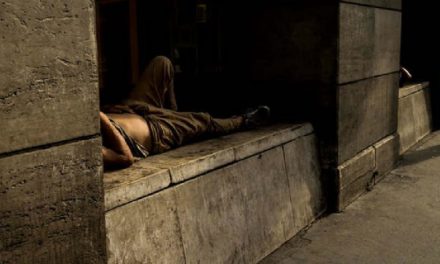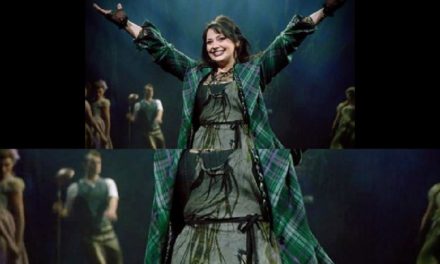As early as this decade, dengue fever may continue to spread to the southern parts of the United States and Europe, and may also appear in other areas of Africa - warned the leading scientist of the World Health Organization (WHO), who explained that higher temperatures create favorable conditions for mosquitoes that spread the disease .
Dengue fever is caused by the dengue virus, which is spread by the Egyptian mosquito. The disease has been present in Asia and South America for a long time, causing the death of around 20,000 people every year. Since 2000, the number of deaths has increased eightfold globally due to the effects of climate change, urbanization and migration.
Although many cases go unrecorded, 4.2 million cases will be reported worldwide in 2022, and health experts have already warned
that an almost record-breaking spread of the disease is expected this year. The current epidemic in Bangladesh has already claimed more than a thousand lives.
WHO infectious disease expert Jeremy Farrar stressed the need to prepare countries to deal with the spread of the disease in many large cities.
According to Farrar's prediction, dengue fever may continue to spread from its current locations and cause an epidemic in some areas of the United States, Europe and Africa, for which local hospitals must prepare. As he noted, there have already been a limited number of dengue cases in these areas.
Dengue fever does not cause symptoms in many infected people, so presumably there are many more infected than the number of cases reported. Typical symptoms of the disease include fever, muscle spasms and joint pain. However, only one percent of severe cases lead to death.
Although there is a vaccine against it, there is no specific treatment. WHO recommends vaccinating children aged 6-16 in areas where dengue fever poses a serious public health risk. The proposed vaccine was approved in the European Union last December, but negotiations regarding its introduction are still ongoing in the United States.
MTI
Cover image: Illustration / MTI/Zsolt Czeglédi













